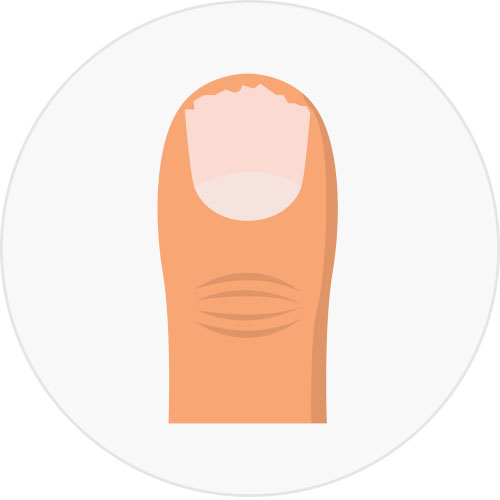Why BMI is Bunkum: Time to Ditch the Dodgy Maths
For decades, we’ve been told that BMI – Body Mass Index – is the gold standard for measuring health. Doctors, insurers, employers, even fitness apps have latched onto it as if it’s gospel. But let’s be blunt: BMI is bunkum. It’s outdated and inaccurate.
A Flawed Formula from the Start
BMI was never intended to measure individual health. It was devised in the 1830s by Adolphe Quetelet, a Belgian mathematician and astronomer – not a doctor. His goal wasn’t to assess wellbeing but to define the ‘average man’ for statistical purposes. Crucially, his data was drawn almost entirely from European men, excluding women and people of other ethnicities altogether. It was about population averages, not personal health. Yet this crude, one-size-fits-all equation – weight divided by height squared – is still being used nearly two centuries later to pass judgement on every type of body. That’s not just outdated; it’s utterly unfit for purpose.
It Ignores Everything That Actually Matters
BMI doesn’t account for muscle mass, bone density, body composition, age, sex, or ethnicity. A professional athlete and a sedentary office worker could have the same BMI and yet be worlds apart in health. It doesn’t differentiate between fat types – visceral fat (the dangerous kind) and subcutaneous fat (less so) – nor does it tell you anything about lifestyle, diet, or mental wellbeing.
Health is Not a Number
Reducing the human body to a single number is not just lazy – it’s damaging. People are being denied treatment, shamed in GP surgeries, or misdiagnosed based on a dodgy calculation that tells us next to nothing about actual health. Worse, it feeds into toxic narratives around weight and worth, pushing people into unsustainable diets and disordered behaviours.
We Deserve Better
It’s time to retire BMI from the pedestal it never deserved. Real health metrics should be holistic. They should look at metabolic health, lifestyle, emotional wellbeing, physical fitness, and genetics. Health is complex. People are complex. We need tools that honour that complexity – not flatten it.
Let’s stop letting a crude 19th-century equation dictate 21st-century bodies.









